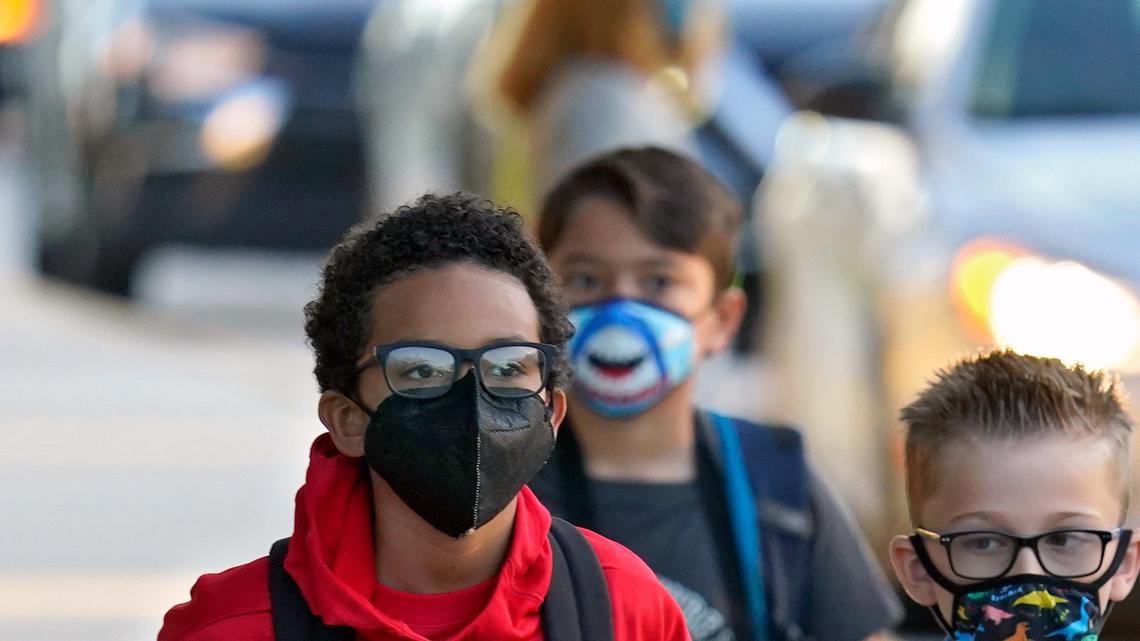The Nassau County Mask Mandate: Nassau County Ban Masks

The Nassau County mask mandate was a public health measure implemented to mitigate the spread of COVID-19. It required individuals to wear face coverings in certain public settings.
Implementation and Reasons
The Nassau County mask mandate was implemented on April 17, 2020, by County Executive Laura Curran. The mandate was implemented in response to the growing COVID-19 pandemic and the recommendation of public health officials. The rationale behind the mandate was to reduce the transmission of the virus through respiratory droplets released when infected individuals cough, sneeze, or even breathe.
Mandate Requirements
The mandate applied to all individuals over the age of two in public settings, including:
- Stores
- Public transportation
- Government buildings
- Places of worship
- Restaurants (except while eating)
- Other indoor and outdoor spaces where social distancing was difficult to maintain.
The mandate specified that masks should cover the nose and mouth and be made of fabric or other materials that could effectively filter droplets. It allowed for exceptions for individuals with medical conditions that prevented them from wearing masks.
Community Reactions, Nassau county ban masks
The mask mandate elicited a range of reactions from the Nassau County community.
- Supporters of the mandate argued that it was a necessary measure to protect public health and prevent the spread of COVID-19. They cited the scientific evidence supporting the effectiveness of masks in reducing transmission.
- Opponents of the mandate expressed concerns about individual liberty, the effectiveness of masks, and the potential economic impact of the mandate. Some argued that the mandate was an overreach of government power and that it infringed on individual freedoms. Others questioned the scientific evidence supporting the effectiveness of masks, citing studies that showed mixed results.
The debate over the mask mandate reflected broader societal divisions regarding public health measures and government responses to the pandemic.
The Debate Surrounding the Mask Mandate

The decision to implement a mask mandate during the COVID-19 pandemic sparked significant debate, with strong arguments presented on both sides. This debate centered on the effectiveness of masks in preventing the spread of the virus, the potential economic and social impacts of the mandate, and the balance between public health and individual liberties.
Scientific Evidence and Research on Mask Effectiveness
A substantial body of scientific evidence supports the effectiveness of masks in reducing the transmission of respiratory viruses, including COVID-19. Numerous studies have demonstrated that wearing masks, particularly those that cover both the nose and mouth, can significantly reduce the release of respiratory droplets containing the virus.
Masks act as a physical barrier, preventing the spread of droplets from the wearer’s mouth and nose.
- Controlled Studies: Studies conducted in laboratory settings have shown that masks can effectively filter out virus-laden droplets. For example, a study published in the journal “Nature” found that surgical masks reduced the number of droplets expelled by a cough by 99%.
- Observational Studies: Real-world studies have also provided evidence for the effectiveness of masks. A meta-analysis of 17 studies, published in the journal “The Lancet,” found that wearing masks was associated with a 53% reduction in the risk of COVID-19 infection.
- Community-Level Interventions: Public health interventions that have implemented mask mandates have been associated with reduced COVID-19 transmission rates. For instance, a study conducted in the United States found that counties with mask mandates experienced lower rates of COVID-19 cases and deaths compared to counties without mandates.
Economic and Social Impacts of Mask Mandates
The implementation of mask mandates has had both economic and social impacts. While some argue that mandates have negatively impacted businesses, others contend that they have been necessary to protect public health and prevent further economic disruptions.
- Economic Impacts: Some businesses, particularly those in the hospitality and retail sectors, have argued that mask mandates have reduced customer traffic and sales. However, other studies have shown that mask mandates can actually help to mitigate economic damage by reducing the spread of the virus and allowing businesses to remain open.
- Social Impacts: Mask mandates have also raised concerns about individual liberties and freedom of choice. Some individuals have argued that mask mandates infringe on their personal autonomy, while others have argued that the collective good outweighs individual rights in a public health emergency.
Nassau county ban masks – Nassau County’s decision to lift its mask mandate sparked debate, mirroring the chaos that ensues when ground stops at NYC airports disrupt travel plans. While some applaud the county’s move towards normalcy, others worry about potential health risks, highlighting the ongoing tension between personal freedom and public safety.
Nassau County’s decision to ban masks in schools has sparked controversy, with proponents arguing for individual choice and opponents citing concerns for public health. The debate over mask mandates continues to be a contentious issue, as evidenced by the ongoing discussions surrounding Nassau County’s ban on masks.
The county’s stance reflects a broader national trend of loosening pandemic restrictions, but the long-term implications for public health remain unclear.
